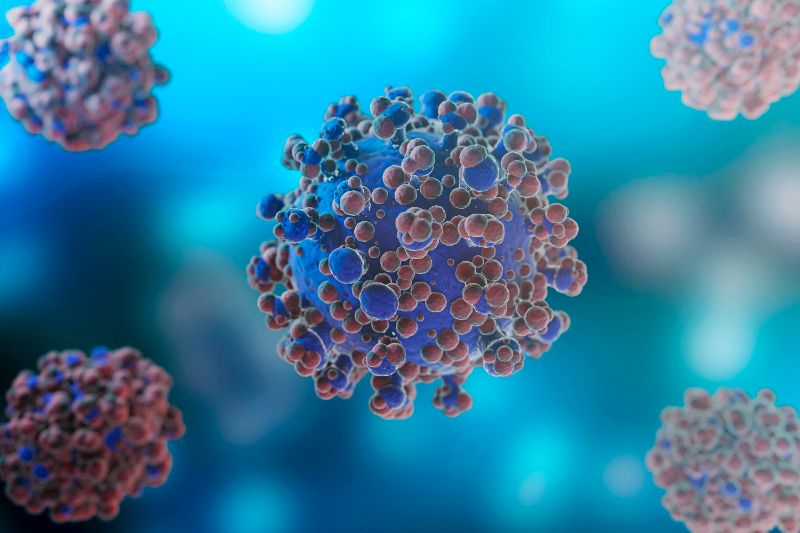Seminář Mluvíme s mikroby napříč společenskými vědami
Pozvánka/Invitation na seminář programu Strategie AV21 a projektu INTER MICRO ve spolupráci se Sociologickým ústavem AV ČR
to the seminar of the programme Strategy AV 21 and INTER MICRO project
MLUVÍME S MIKROBY NAPŘÍČ PŘÍRODNÍMI A SPOLEČENSKÝMI VĚDAMI
Kdy: 7. října 2024 / October 7th, 2024, 10:00-15:20
Kde: Akademie věd ČR, Národní 3, Praha 1, místnost č. 206
Jazyk semináře/Language of the seminar: angličtina/English
POVINNÁ REGISTRACE/COMPULSORY REGISTRATION ZDE
Účast je ZDARMA/Participation is FREE
PROGRAM
PANEL 1: HOW CAN SCIENCE STUDY MICROBES?
10:00 – 11:20
Will LaFleur (University of Helsinki): Social and Relational Microbes: Theoretical and Methodological Considerations for the
Social Study of Microbes
Petr Baldrian (Institute of Microbiology of the Czech Academy of Sciences): How We Study Microbiota in the Environment
11:20 – 11:40
COFEE BREAK
11:40 – 13:00
PANEL 2: HOW CAN PEOPLE EXPERIENCE MICROBES?
Joshua Evans (The Novo Nordisk Foundation Center for Biosustainability at the Danish Technical University): Holobiont Hand Taste: a transdisciplinary invitation
Václav Smolík (Oceterie) with Tereza Stöckelová and Lukáš Senft (Institute of Sociology CAS): Vinegar Fermentation as a Multi-
sensory Encounter with Microbes (in Czech with English translation)
13:00 – 14:00
LUNCH BREAK + tasting of vinegars by Václav Smolík
14:00 – 15:20
PANEL 3: HOW CAN PEOPLE (MIS)USE MICROBES?
Kateřina Kolářová (Faculty of Humanities, Charles University): (Un)Making Value with Biotic Technologies
Jan Jansa (Institute of Microbiology of the Czech Academy of Sciences): Microbial Communities in Ecosystems and Their Place in
the One Health Framework
ANNOTATIONS
Will LaFleur: Social and Relational Microbes: Theoretical and Methodological Considerations for the Social Study of Microbes
This talk introduces one key strand of studying microbes socially, namely, through relational approaches to doing science. The
presentation details the relational turn in social sciences and how it differs from more classical ways of doing social science, as well
as science. It discusses how the messiness, uncertainly, and blurriness of microbial life often necessitates a relational approach to understanding the sociality of microbes.
Petr Baldrian: How We Study Microbiota in the Environment
This talk will provide an overview of current technologies and approaches to measure microbial abundance, activity, community
composition, and microbial functions in various habitats (e.g., soils and plants).
Joshua Evans: Holobiont Hand Taste: a transdisciplinary invitation
Hand taste” is the seeding of fermentation ecologies with one’s own hand microbiome. While already plenty arresting, when understood
holobiotically, in which macro-organisms are recast as ecologies of host and microbiota, it suggests an even more complex story: how body
and food microbiomes, taste perception and preferences, and food preparation and eating practices all shape each other. Drawing on
emerging yet scattered studies and some examples from my own work, I aim to show how working with fermentation, hand taste, and the
holobiont paradigm invites conversations among disciplines, and even their mutual transformation.
Václav Smolík: Vinegar Fermentation as a Multi-sensory Encounter with Microbes (in Czech with English translation)
A performative dialogue between a vinegar producer who cooperates with microbes during fermentation processes and anthropologists who taste, enjoy, and analyze this human-microbial collaboration.
Kateřina Kolářová: (Un)Making Value with Biotic Technologies
The presentation engages with applications of microbiome research into healthcare products, treatments, and network-building. It responds to caution that commodification of the microbiome remains unexplored in social studies research. It offers a discussion of “biotic
technologies” (ranging from personalized probiotics and nutrition to biotic syrups, and from rigorous personalized regimens that require
committed self-tracking to those that involve swallowing a customized pill) and traces unexpected similarities in how these technologies
produce value and ways of (under)valuation of more-than-human lives.
Jan Jansa: Microbial Communities in Ecosystems and Their Place in the One Health Framework
From the perspective of a soil biologist and ecologist, I will contemplate the role of microbes in various ecosystem processes and
their importance in ecosystem and human health, briefly presenting the One Health concept including its challenges, potential strengths, and
shortcomings.





